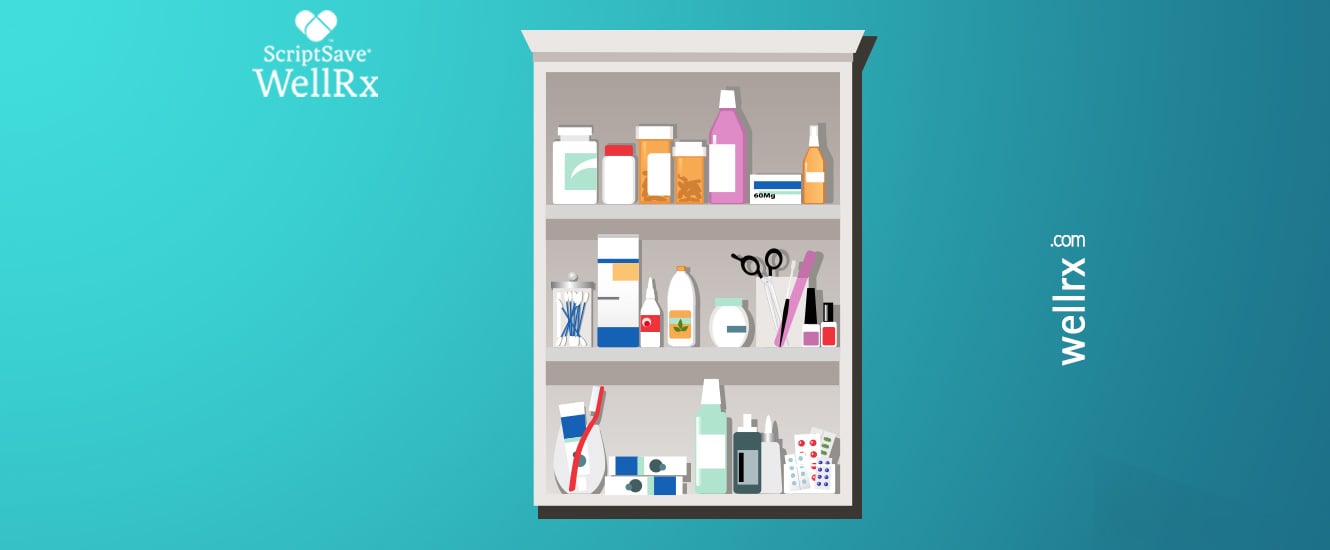For most people, signs of RLS (restless leg syndrome) occur at night and before they are going to sleep. If you think you are suffering from restless leg syndrome, you are not alone. RLS is the most common reported sleep-related movement disorder and studies estimate 5-10% of the adult population in the U.S. experience symptoms related to RLS.2
What is Restless Leg Syndrome?
Also called Willis-Ekbom Disease, Restless Leg Syndrome (RLS) is a condition that affects the brain and its ability to prevent muscle contraction. The common symptoms of RLS include the overwhelming urge to move the legs, unpleasant sensations that may occur in the arms and legs, and involuntary jerking movements that occur during times of rest.1
Fortunately, researchers and providers have worked together to further their understanding of what can improve and worsen RLS symptoms.
What Might Make RLS Worse?
Many factors may increase a person’s risk of developing RLS. Lifestyle choices may negatively impact RLS, such as smoking nicotine, consuming caffeine, and avoiding physical activity.3 These lifestyle choices may contribute to a worsening of symptoms, but these risk factors are the most preventable.
Health conditions may also play a role in the presence of RLS. Commonly documented conditions in RLS patients include iron deficiency, end-stage renal disease, sleep deprivation, and obesity.4 Newer studies have suggested that an individual’s genetics may also influence risk of developing RLS.3 While this element is not preventable, understanding this genetic component may be important for the future of RLS treatment.
Medications could also be a culprit. Research has uncovered that antidepressants, antipsychotics, antihistamines like diphenhydramine, and anti-nausea medications such as promethazine have all been associated with higher rates of RLS symptoms. Before your provider prescribes any medication for RLS, they should determine if you meet any of these risk factors.
What Might Make RLS Better?
If it turns out that there are not preventable circumstances causing or worsening RLS, medication may be the next step. Medications backed by research to support their use for the treatment of RLS include Dopamine Agonists, Alpha-2-Delta Calcium Channel Ligands, and in some cases iron supplementation.5
Dopamine agonists prescribed for RLS symptoms include ropinirole, pramipexole, and rotigotine. These medications are the preferred therapy for individuals with severe RLS but tend to have more side effects associated with long term use compared to other treatment options.5 Alpha-2-Delta Calcium Channel Ligands include pregabalin, gabapentin, and gabapentin enacarbil and may the drug of choice for individuals who do not tolerate dopamine agonists or who suffer from chronic pain.5 However, calcium channel ligands can also cause side effects. The most important side effects include increased risk of suicidal thoughts, medication dependence, and worsening of breathing caused by some drug-drug interactions.
Iron levels in the body have been suspected to play a role in the management of RLS and may be worth discussing with your provider if you think you are suffering from RLS.6 All of the these medications have demonstrated benefit in managing RLS symptoms but you provider should choose your therapy based off the severity of your symptoms, your age, and other conditions you may have.
Are You Suffering From RLS?
If you think you are suffering from RLS, your provider will need to ask you the following questions:7
- Do you have an uncomfortable urge to move your legs?
- Do these urges to move worsen during periods of rest or inactivity?
- Do your symptoms get better with movement?
- Do your symptoms occur mostly at night?
- Do you have any other medical conditions that may be contributing to your symptoms?
If you have answered yes to all the above questions, speak to your provider regarding your symptoms. If you’re looking for more information regarding RLS, you can visit www.rls.org (Restless Leg Syndrome Foundation) or yoursleep.aasmnet.org (American Academy of Sleep Medicine).
References:
- Aurora, R. N., Kristo, D. A., Bista, S. R., Rowley, J. A., Zak, R. S., Casey, K. R., Lamm, C. I., Tracy, S. L., Rosenberg, R. S., & American Academy of Sleep Medicine (2012). The treatment of restless legs syndrome and periodic limb movement disorder in adults–an update for 2012: practice parameters with an evidence-based systematic review and meta-analyses: an American Academy of Sleep Medicine Clinical Practice Guideline. Sleep, 35(8), 1039–1062. https://doi-org.ezproxy2.library.arizona.edu/10.5665/sleep.1988
- Koo BB. Restless Leg Syndrome Across the Globe: Epidemiology of the Restless Legs Syndrome/Willis-Ekbom Disease. Sleep Med Clin. 2015;10(3):189‐xi. doi:10.1016/j.jsmc.2015.05.004
- Mitchell U. H. (2011). Nondrug-related aspect of treating Ekbom disease, formerly known as restless legs syndrome. Neuropsychiatric disease and treatment, 7, 251–257. https://doi-org.ezproxy2.library.arizona.edu/10.2147/NDT.S19177
- Silber, M. H., Becker, P. M., Earley, C., Garcia-Borreguero, D., Ondo, W. G., & Medical Advisory Board of the Willis-Ekbom Disease Foundation (2013). Willis-Ekbom Disease Foundation revised consensus statement on the management of restless legs syndrome. Mayo Clinic proceedings, 88(9), 977–986. https://doi-org.ezproxy2.library.arizona.edu/10.1016/j.mayocp.2013.06.016
- Garcia-Borreguero D, Silber MH, Winkelman JW, et al. Guidelines for the first-line treatment of restless legs syndrome/Willis-Ekbom disease, prevention and treatment of dopaminergic augmentation: a combined task force of the IRLSSG, EURLSSG, and the RLS-foundation. Sleep Med. 2016;21:1‐11. doi:10.1016/j.sleep.2016.01.017
- Trotti LM, Becker LA. Iron for the treatment of restless legs syndrome. Cochrane Database Syst Rev. 2019;1(1):CD007834. Published 2019 Jan 4. doi:10.1002/14651858.CD007834.pub3
- Diagnostic Criteria. (2020). Retrieved June 11, 2020, from http://irlssg.org/diagnostic-criteria













 Store & manage your medication list
Store & manage your medication list Medication pricing updates
Medication pricing updates Pill & refill reminders
Pill & refill reminders Medication journal & mood log
Medication journal & mood log